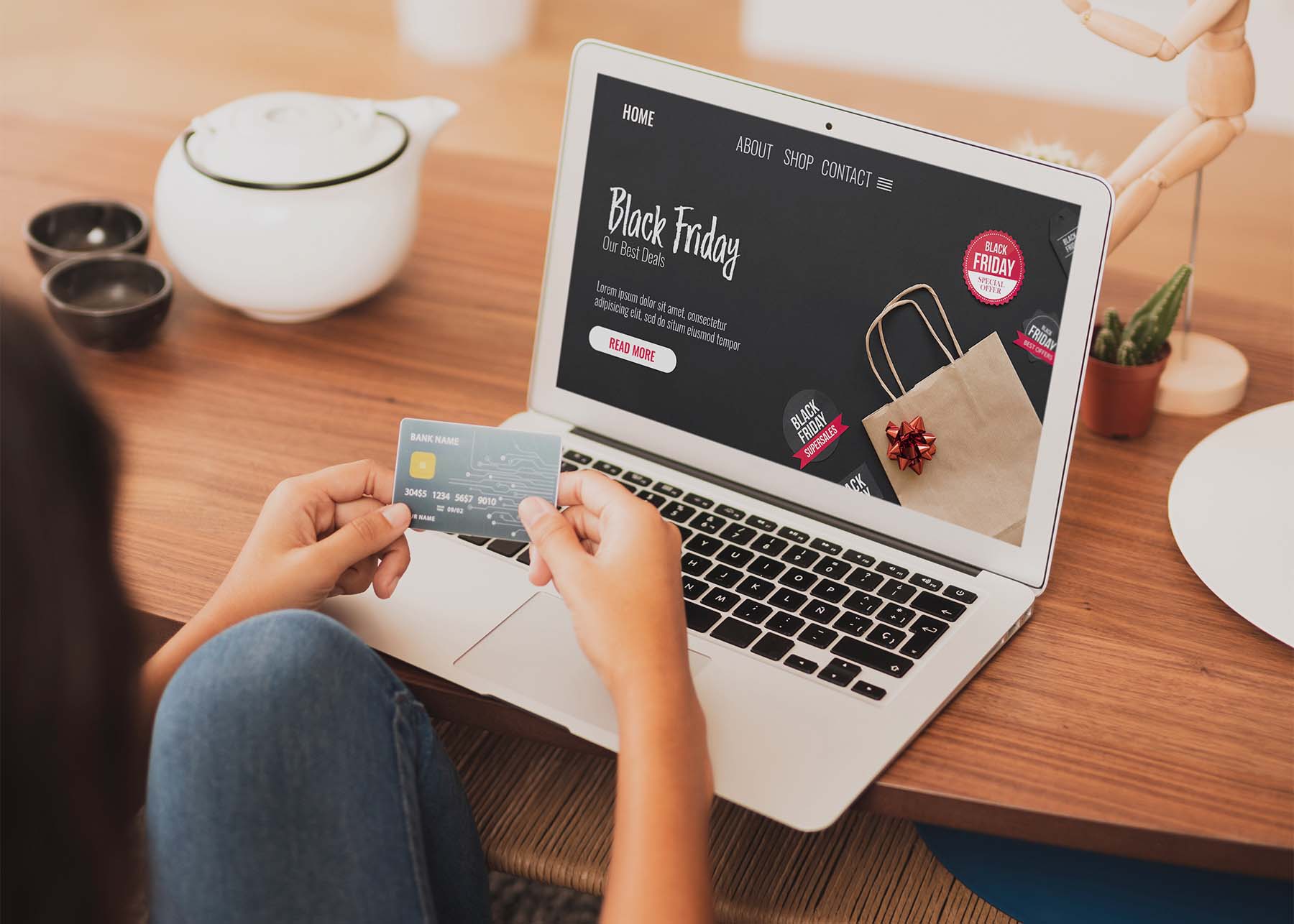
Black Friday and Cyber Monday are two of the biggest shopping events of the year, and for many businesses, they represent a crucial opportunity to boost sales, attract new customers, and increase brand visibility. However, with so much competition, it’s essential to have a solid digital marketing strategy in place to stand out from the crowd and make the most of these events.
In this article, we’ll explore key digital marketing tactics your business can implement to prepare for Black Friday and Cyber Monday, ensuring you maximise your sales and achieve the best possible results.
1. Start Early with Your Marketing Campaigns
Timing is everything when it comes to Black Friday and Cyber Monday. While the official sales days fall at the end of November, consumers begin researching and planning their purchases well in advance. That’s why it’s critical to start your marketing campaigns early.
a) Build Anticipation
Begin by creating teaser campaigns in the weeks leading up to Black Friday. Use your social media platforms, email marketing, and website banners to build excitement around your upcoming sales. Highlight special offers, discounts, and limited-time promotions to encourage your audience to start preparing their shopping lists.
b) Email Marketing Pre-Sale Campaigns
Segment your email list and send personalised emails to different customer segments. For example, offer VIP early access to loyal customers or provide tailored recommendations based on their past purchase behaviour. Use this time to build anticipation, remind subscribers of key sale dates, and highlight exclusive offers.
c) Leverage Social Media Countdown Posts
Create countdown posts on social media to generate excitement. Platforms like Instagram and Facebook are ideal for engaging visual content that teases your deals. You can also use stories and reels to highlight specific product offers or countdown clocks to keep followers engaged and eager for the event.
2. Optimise Your Website for Increased Traffic
With the surge in traffic that Black Friday and Cyber Monday bring, it’s essential to ensure your website is fully optimised for a high influx of visitors. The last thing you want is for your site to crash or slow down, costing you potential sales.
a) Ensure Your Website Is Fast and Mobile-Friendly
Most consumers will be shopping from their mobile devices, so your website must be responsive and mobile-optimised. Test your site’s load times and make sure it can handle a spike in traffic. Tools like Google’s PageSpeed Insights can help you identify areas for improvement, such as image compression, browser caching, or minimising redirects.
b) Enhance the User Experience
A seamless user experience is key to increasing conversions. Make sure that your product pages are easy to navigate, your checkout process is streamlined, and that your call-to-action buttons are clear and compelling. Offer features like guest checkout, multiple payment options, and free shipping to reduce friction and make the purchasing process as smooth as possible.
c) Create a Dedicated Landing Page
A Black Friday or Cyber Monday landing page can help funnel traffic directly to your promotions. This page should clearly highlight the deals, time-limited offers, and any special bundles or discounts. Use urgency-inducing language like “Only 24 hours left!” to create a sense of urgency and encourage quick action.
3. Use Paid Advertising to Maximise Visibility
With so many businesses competing for attention during Black Friday and Cyber Monday, organic reach alone may not be enough. Paid advertising campaigns can give your business the boost it needs to stand out in a crowded marketplace.
a) Invest in Google Ads
Google Ads can be highly effective during Black Friday and Cyber Monday, especially for businesses in e-commerce. Use keywords related to your promotions, products, and Black Friday/Cyber Monday-specific terms. You can also create retargeting ads to reach customers who have visited your site in the past but didn’t convert.
b) Utilise Facebook and Instagram Ads
Social media ads on platforms like Facebook and Instagram are ideal for building awareness and driving traffic during these shopping events. Target your ads to specific demographics or audiences based on their past purchasing behaviour, and highlight the urgency of your deals. Use carousel ads or video ads to showcase multiple products in one post.
c) Dynamic Product Ads
Dynamic product ads allow you to show tailored ads to customers based on their past interactions with your website. This type of ad personalisation can significantly increase conversion rates during high-demand sales events like Black Friday and Cyber Monday.
4. Leverage Email Marketing for Follow-Up Campaigns
After the initial rush of Black Friday and Cyber Monday, don’t forget to continue engaging with your customers through follow-up email campaigns. Not all customers will convert immediately, so this is your opportunity to bring them back with tailored post-sale offers.
a) Cart Abandonment Emails
Send automated cart abandonment emails to remind customers of items they’ve left in their shopping cart. Offering an additional incentive, like a small discount or free shipping, can entice them to complete their purchase.
b) Exclusive Post-Sale Offers
Extend the value of Black Friday and Cyber Monday by offering exclusive post-sale deals to those who missed out. Highlight limited-time discounts or promote special “thank you” offers to keep the momentum going and turn one-time buyers into loyal customers.
5. Monitor and Optimise Your Campaigns in Real-Time
The fast-paced nature of Black Friday and Cyber Monday requires businesses to be agile. Once your campaigns are live, it’s essential to monitor their performance closely and make real-time adjustments as needed.
a) Track Key Metrics
Use tools like Google Analytics and your social media insights to monitor key metrics such as traffic, conversion rates, bounce rates, and average order values. If certain campaigns aren’t performing as expected, be ready to pivot by adjusting your messaging, ad targeting, or offers.
b) A/B Test Campaigns
A/B testing is particularly important during busy shopping periods. Test different ad creatives, subject lines, or landing page designs to see which performs best. Quick adjustments can help you capitalise on high traffic volumes and maximise conversions.




